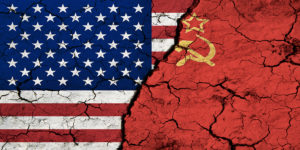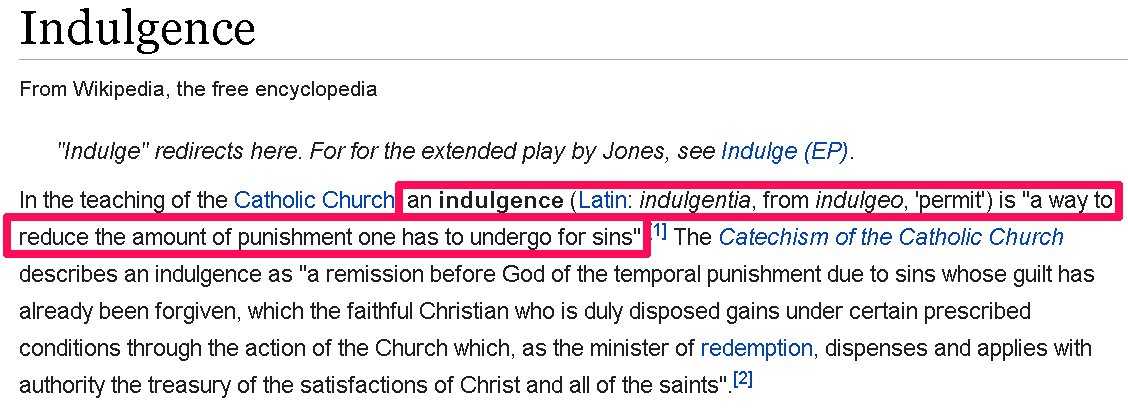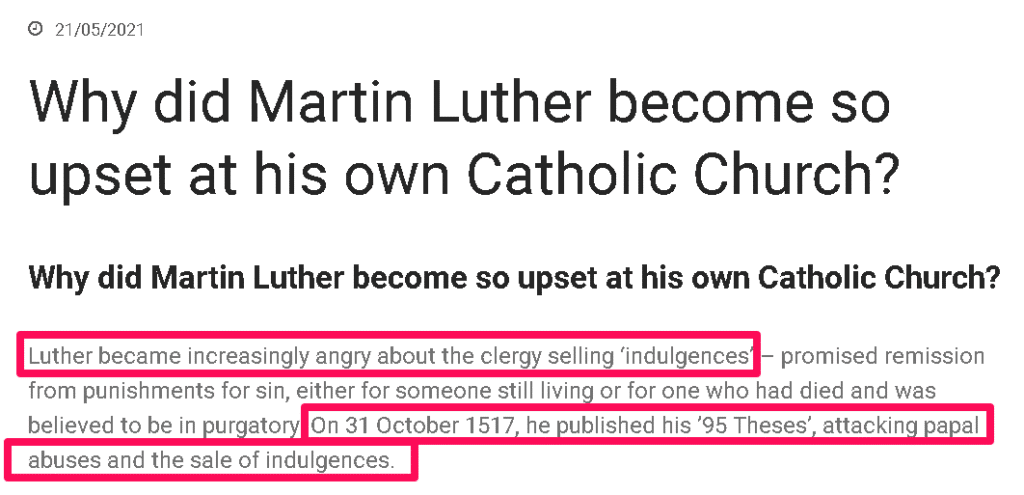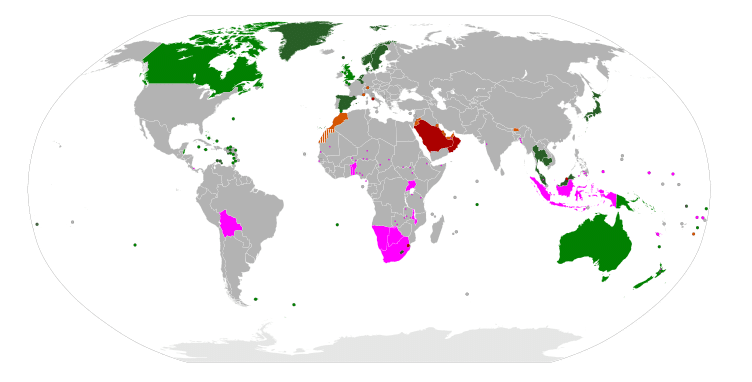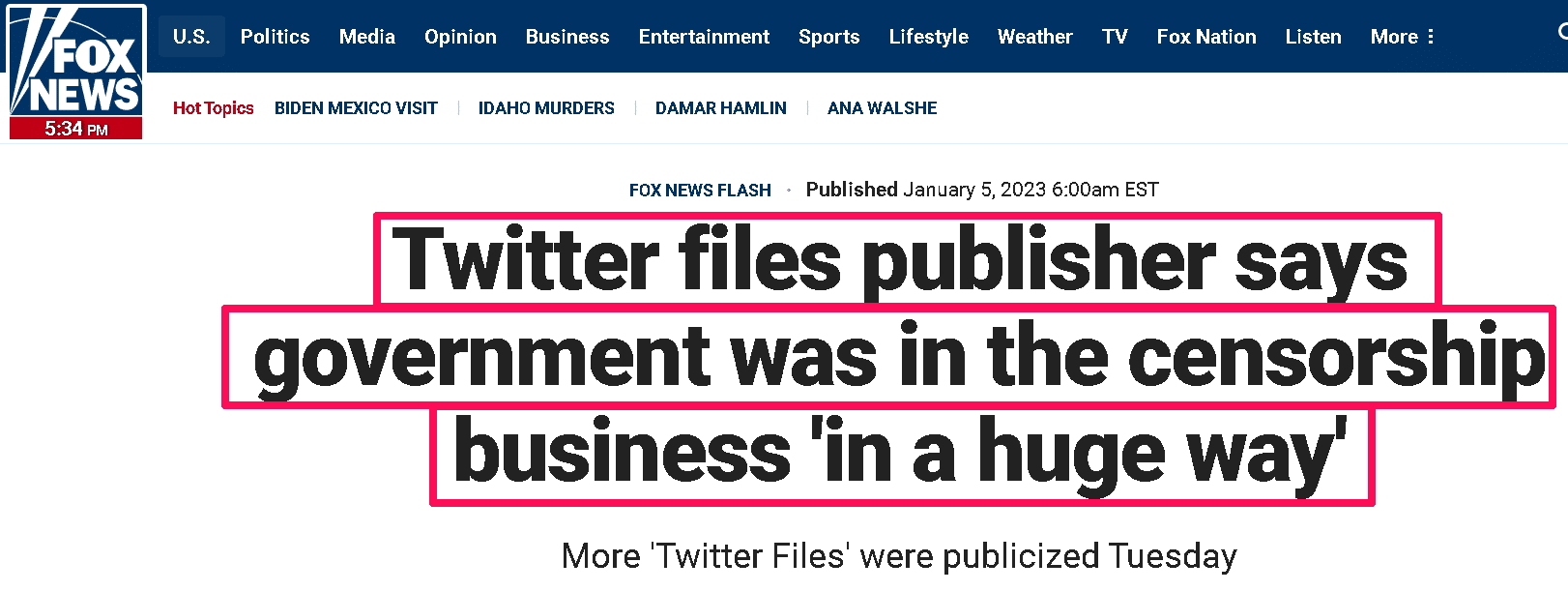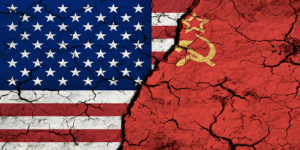
Yes, I realize that’s a BOLD assertion. So, to back this up, I’m going to dive deep into the following topics:
- Introduction To Decentralization
- Brief History Of The Printing Press
- How The Modern Nation State Came To Be
- Transitioning to the Next Phase of Social Evolution
- Decentralization of Media
- Next Steps In the Decentralization of Media
- Decentralization of Currencies
- Government Control: What’s Next?
- What YOU Can Do About It
Introduction To Decentralization
The central idea starts with this FACT:
Those who control the Narrative and the Money Supply control the populous.
Absolute monarchies used to hold this power. Then along came the Nation States. But now, with the information age, a new struggle to maintain government control is here.
The current trend toward more authoritarian government control is due to two main forces:
- The Decentralization of Media
- The Decentralization of Currencies
These two tidal waves of decentralization threaten governments worldwide to maintain control over their people.
I believe we’re at a pivotal moment in history, similar to the invention of the Gutenberg printing press.
The Internet and Cryptocurrencies are today’s version of the Gutenberg printing press. These new disruptive technologies will pressure the current “Nation-State” power structure.
And thus, Government control must rise (i.e., Tyranny) if the Nation States want to remain in power.
Because if a Nation State were to allow decentralization and nothing to counteract it, it would devolve and become powerless.
These trends explain why global tensions, conflict, and turmoil are rising and will continue to rise.
The bottom line: Government control worldwide may worsen in the coming decades.
Hey, I’m Jack, and I’m the co-founder of SkilledSurvival.com and TheResilientLife.com. I’ve been sharing my thoughts about survival, preparedness, risk, uncertainty, and resiliency online since 2013.
So, if you like this type of content, take a moment to subscribe to my channel. I’ve got lots more to share in the coming months. And make sure you subscribe to my YouTube channel and never miss another video.
Credit: The following ideas were inspired by two primary sources:
- Sovereign Individual – by James Dale Davison & Lord William Ress-Mogg
- The Square and the Tower – by Niall Ferguson, MA, D.Phil.
Brief History Of The Printing Press
If you go back to the invention of the printing press, you’ll see how disruptive THAT new technology was to THAT era’s lock-tight power structure.
The printing press was the spark that broke past “Government control.” This power shakeup led to massive chaos, pain, suffering, and war.
Of course, back in the 1400s, when the printing press was invented, people didn’t use the word “Government” for the ruling class. The ruling class in Europe was a combination of the Monarchies and the Church.
So when the printing press came along, it was a brand-new technology. And it created, over time, a wave of decentralization.
Interpreting The Bible
Before the printing press, the masses relied on Priests to read and interpret the Bible.
Why? For two reasons:
- Without printing technology, Bibles were rare, so they were kept under tight control.
- Most people were illiterate anyway. So even if they got a peek at a Bible, they couldn’t read it.
And so, people were forced to rely upon the “keepers of the Bible” to tell them what was in it.
Just think about how much control this gave the Church and Monarchies. You’d be 100% dependent on a Priest’s interpretation.
And, of course, with great power, corruption usually follows. So these bible gatekeepers invented something called an indulgence, which essentially said,
“You must pay favors to the church (and priests) to be forgiven your sins and to avoid the tortures of hell.”
But the printing press disrupted this long-standing power dynamic. Because over time, with the printing press, more written material was created, so more people found it useful to become literate.
And at some point, Bible access was no longer a bottleneck, and the masses started reading and interpreting it for themselves.
Once this happened, the masses realized those in power were manipulating what was written in the Bible.
This is why Martin Luther was so upset when he pinned his thesis to the wall. Martin Luther realized what the Church was saying and what was written were NOT the same.
This was the decentralization environment where monarchies and churches (i.e., past Governments) lost control. The existing narrative (Roman Church) was challenged by a new narrative (Protestant Church).
These two narratives (i.e., truths) became unreconcilable differences. And ultimately, this narrative and power shift led to Europe’s long, horrific Thirty Years’ War.
Now, over the long term, the printing press invention was positive for humanity. But the Thirty Years’ War was the horrible result of the decentralization brought about by the printing press.
Every day folks caught in the middle suffered from senseless violence and mass starvation.
Europe’s Apocalypse: The Shocking Human Cost Of The Thirty Years’ War…
So, what’s today’s equivalent of the Gutenberg press? The Internet.
The internet is the next phase of decentralization of information (which has been playing out over the past few decades).
How The Modern Nation State Came to Be
Before the printing press, there were no such things as Nation-States; instead, the central system of populous control was through The Church and The Monarchies.
Priests and Kings had all the power.
Regular folks had no say, voice, or vote. Instead, they served a king. And they fell in line to scratch out a meager existence to keep their family fed.
But once the printing press arrived, it upended the Priest and Monarch’s control over the narrative.
The narrative (or Truth) was no longer in a handful of people (kings and priests). So the Church and Monarchy lock-tight power structure was no longer acceptable.
Monarchy had to go.
But humanity cannot exist in a vacuum. Society cannot exist in complete social anarchy and chaos.
We require a framework of law and order to live within. Something we can all live with and support.
After the printing press, humanity generally no longer trusted Monarchies.
So the next best solution was to choose leaders representing their shared interests. And create laws and rules more in line with the wishes of the collective. That was the idea, anyway.
Of course, no Nation-State is the same; they have many differences, from liberal democracies to totalitarian regimes. But we can all agree very few absolute monarchies survived the invention of the printing press.
Absolute Monarchies Are Obsolete
In the map above, only the RED countries are absolute monarchies. The rest have a constitution or parliament to share their authority.
So most surviving monarchies today are neutered and hold very little actual power. They are primarily symbolic in nature.
And while Nation-States are more decentralized than Monarchies, they still maintain much of the narrative control (what we now call propaganda).
But compared to Monarchies, regular folks had way more autonomy and freedom.
So in hindsight, perhaps the Nation-State was the most obvious next step in the social structure evolutions.
But still, large Governments control people and limit many individual freedoms. Mostly, we follow their rules (whether we agree with them or not) and pay taxes (whether we think it’s a good investment).
Yes, it’s way better than having kings and priests decide for you. And power is now more distributed across a bureaucratic representation (in theory).
Plus, checks and balances help prevent any single person (or small group) from gaining too much control for long.
But with the invention of the internet, the decentralization of narrative is disrupting this Government control.
And this slippage of current government control is leading to increasing narrative conflicts. And I believe this will lead to rising levels of totalitarianism.
The Next Phase of Social Evolution
I believe we’re in the early stages of a new societal transition similar to the years after the first printing press—a time of building pressure on the modern world’s power structures.
Back then, after the invention of the printing press, The Church and Monarchies were forced to intact violence on their people. Why? Because they knew they were losing their grip on power.
Any powerful entity in decline will increase its control over its people in to survive.
They do this with the following:
- new laws, more regulations, and more bureaucracy
- less privacy, and more watchkeepers and auditors.
And this is exactly what we’re seeing today, right?
We’re at a time when the current powers, the Nation-States, will do (and are trying to do) everything in their power to maintain control.
But eventually, when all those regulations and oversight don’t “fix the problem,” they’ll move to outright intimidation and violence. They’ll demonize, demonetize and “make examples” of anyone who falls too far out of line.
Unfortunately, we are at the cusp of THAT kind of government control and tyranny.
At this point, I want to introduce you to someone:
Niall Ferguson, MA, D.Phil., is the Milbank Family Senior Fellow at the Hoover Institution, Stanford University, and a senior faculty fellow of the Belfer Center for Science and International Affairs at Harvard.
He was the one who initially brought these concerns to my attention and shares his central idea in the video clip below.
Historian Niall Ferguson on the roots of today’s political polarization
Decentralization of Media
We’re well into the new phase of media decentralization brought about by the internet.
And this is critical because, again, whoever controls the narrative defines the truth. And whoever defines the truth defines reality.
Nowadays, with the internet, anyone, anywhere, can talk to anyone else in real-time with no limits to the number of people paying attention.
Sure, there are still “media gatekeepers” today, mainly Big Tech platforms such as Facebook, Twitter, Google, YouTube, etc. But these “social” platforms are being targeted by Government control to stop the spread of “misinformation” and “disinformation.”
The US Government is putting extreme pressure on these “gatekeepers” to maintain control of the “narrative.” However, over the long term, with the internet, the march towards narrative decentralization is inevitable.
But make no mistake; NO Nation State will go quietly into the night. They will do EVERYTHING in their power to remain in power – including violence.
Quote:
The threshold between verbal violence and actual violence is a very fragile fence. – Niall Ferguson
How We Got Where We Are
Ok, let’s talk about how we got here…
Nation-states have always had some control over the media.
Before TV and the internet, it was newspapers and pamphlets. Nation-States never had absolute narrative control, unlike past Monarchies. But they have had enough “persuasion” and “influence” to keep things within a “reasonable” range.
And since the information was created and distributed by only a handful of companies, influence was relatively easy. For example, in the US era of broadcast television, there were only 3 major networks to worry about.
And these 3 networks had to keep their narrative in a relatively tight range for two reasons:
- They had to talk to ALL Americans so that they couldn’t stray too far from the middle without alienating a massive chunk of their audience.
- Governments could influence such a small number of media channels with ease.
Then along came Cable News; that’s when controlling the narrative became more complex but still possible to some degree.
Then the internet came along and broke the control of the narrative wide open. Now influence and government control over the narrative is a much more challenging problem.
Perhaps even futile at some point. Because it takes a whole lot more time and resources even to attempt to shape so many opinions at scale.
In summary:
Each of these changes in Media creation, distribution, and consumption has led toward more and more decentralization of narrative. More voices mean less control and influence.


